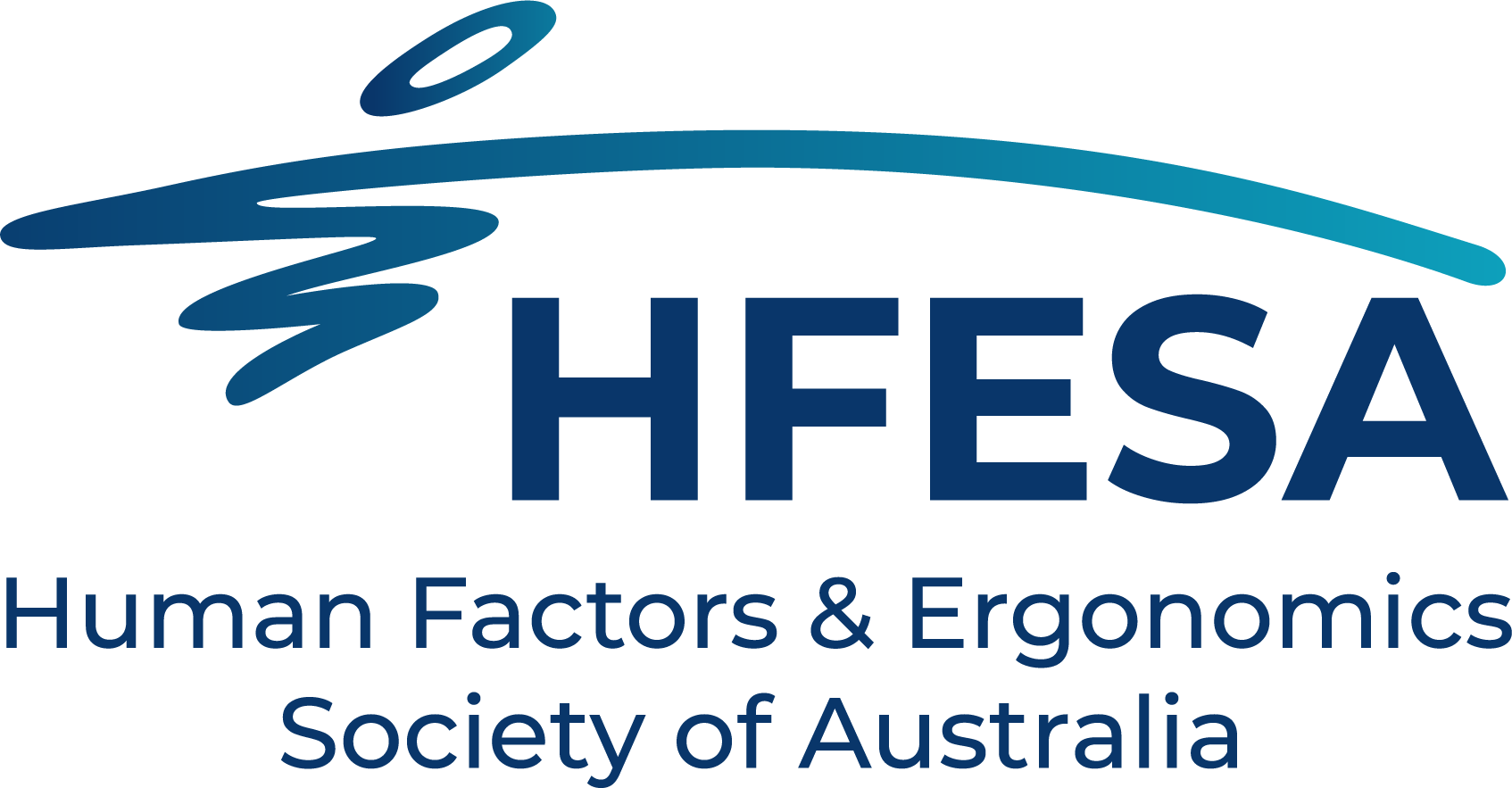HFE Tools used for Good Work Design
The Humans Factors and Ergonomic Society of Australia (HFESA) has produced a podcast featuring a conversation between Elise Crawford BA, BOHS, GCTerEd, PhD (Human Factors), and Sharon Todd, the President of HFESA. The podcasts can be accessed via the HFESA website or the HFE Hub website.
The Importance of Worker Involvement in Design Processes
In today’s rapidly evolving workplace landscape, the significance of human-centered design cannot be overstated. The podcast on human factors and ergonomics sheds light on the crucial role workers play in shaping effective and efficient work environments. From the initial stages of project development to ongoing feedback loops, the podcast highlights the importance of involving workers in the design process and the risks associated with neglecting their input.
Elise Crawford stresses the need for management buy-in and awareness of the diverse disciplines and their potential contributions. By fostering a culture of understanding and collaboration, organisations can ensure that workers’ perspectives are valued and integrated into the strategic direction of the company. Through sharing successful work experiences, celebrating achievements, and acknowledging areas for improvement, organizations can build trust and secure management support for human-centered design initiatives.
Building Effective Feedback Loops for Continuous Improvement
Feedback plays a vital role in any design process, and the Elise Crawford underscores the significance of establishing effective feedback loops. By creating clear channels of communication from the outset, organisations can ensure that workers involved in a project can provide their valuable input and receive feedback on their contributions. This two-way flow of information not only empowers workers to feel heard and respected but also enables them to represent the needs and concerns of their respective departments or teams.
The podcast emphasises the need to identify stakeholders and their communication preferences early on in the design process. By tailoring the information to stakeholders’ specific interests and presenting it in accessible ways, such as focusing on financial aspects for finance personnel or operational flows for managers, organizations can effectively engage their diverse audience. Regularly seeking feedback, both on individual contributions and overall project progress, allows for continuous improvement and ensures that workers remain invested in the design process.
Designing with Workers in Mind: The Benefits and Risks
Designing without considering the worker is a risky proposition, as it can lead to adverse consequences for both individuals and organizations. When workers feel disconnected or unsupported, job satisfaction and engagement suffer, potentially resulting in high turnover rates and reduced productivity. The podcast highlights real-world examples, such as the high turnover of operators in an automated nuclear power station, to underscore the negative outcomes of neglecting worker considerations.
By involving workers in the design process, organisations can tap into their knowledge, experience, and creativity. Workers often possess valuable insights into hazards, risks, and potential improvements that may go unnoticed by external consultants or designers. Fostering a culture that encourages workers to voice their ideas and experiment with job crafting can lead to safer and healthier work environments. Valuing workers’ contributions not only promotes their well-being but also boosts overall workforce morale and performance.
Why Tune In?
This podcast is relevant to professionals in various industries who are involved in design processes, project management, human resources, ergonomics, and workplace health and safety, as well as anyone interested in creating worker-centric and efficient work environments.
Listen to this podcast to gain insights into the importance of good work design and its impact on worker well-being, productivity, and organizational success. By exploring topics such as worker engagement, risk management, feedback loops, and the dangers of designing without considering the worker, the podcast offers valuable knowledge and practical strategies for creating healthier, happier, and more sustainable workplaces. Whether you’re a manager, designer, or employee, this podcast provides a wealth of information to enhance your understanding of human factors and ergonomics, fostering a culture of continuous improvement and innovation.
Please Share
This page can be shared on social media platforms and forums (e.g. Twitter, LinkedIn, Facebook). It would also be beneficial to share the podcast with individuals or organisations interested in the topics discussed in the podcast. When sharing, please use the hashtags below: #HFESA #HFES #HFETools #GoodWorkDesign #OccupationalHealth #OrganisationalManagement #WorkplaceWellbeing #TechnologyAndWork #Collaboration #WorkEnvironment #WorkplaceInsights #WorkplaceOptimisation #EmployeeWellBeing #Productivity #OrganisationalSuccess #WorkplaceCulture #ContinuousImprovement #Innovation #PodcastRecommendation #Humanfactors #Ergonomics #Podcast
https://www.ergonomics.org.au/podcasts/
Prepared by Michael Dubos

